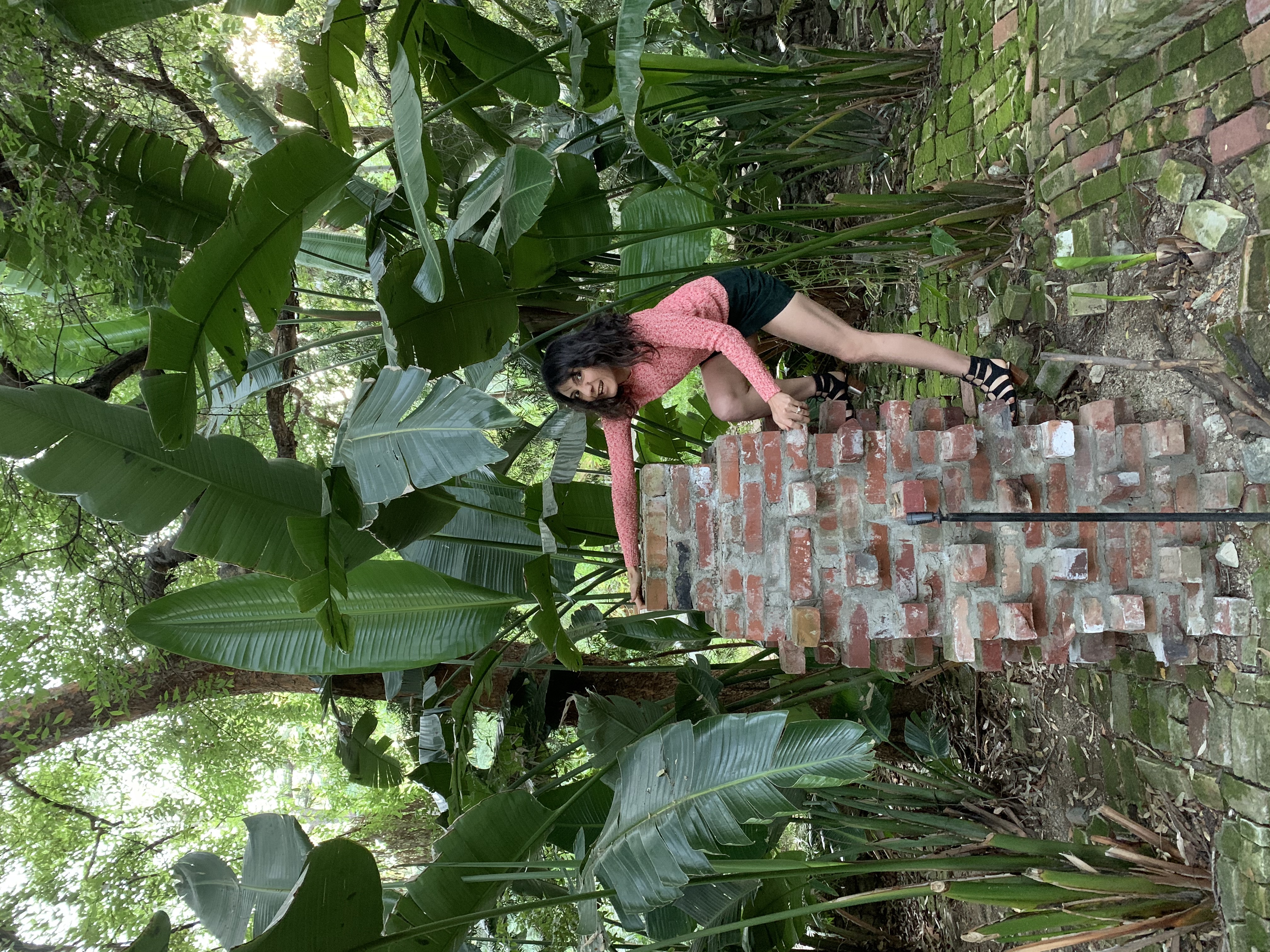
Blake, don’t be late for dinner.” She veers between conjuring complex lives for Blake and Magda and going on rambles with Charlie in the woods, dancing with Charlie in the kitchen, and wondering if she shares a mind with Charlie. Vesta in her solitude soon conjures up a note writer she calls Blake, whom she thinks of as “the shaggy blond boy on the skateboard”, the kind a mother must chide. We may also be intended to regard the narrative as dark humour, as the note leads the narrator down a rabbit hole of circular and obsessional thoughts. Has there been an actual murder? Who left the note? Is the note even real? We are meant to be plunged into an ambiguous space between thriller, mystery and psychological drama. The murder note leads the narrator down a rabbit hole of circular and obsessional thoughts

The dog has significantly more charm than Walter, who we learn wasn’t a very nice man. Her sole companion after the death of her husband Walter, who resides in an urn at her bedside, is Charlie.

The seventy-something narrator, who refers to herself as “Vesta”, has moved from the west coast to a house in the woods in New England. But there is no body, “just the note on the ground”. Here is her dead body.” This is the note our narrator finds on a walk in the forest with her dog, Charlie. Some signature Moshfegh moments remain, but in general the book simmers for a while and then fizzles out. It’s for this reason that her latest, Death in Her Hands, seems a disappointment, unable to reach those prior heights.

From the filthy restlessness of her debut McGlue through the Booker-shortlisted Eileento the witty and pointed social commentary of My Year of Rest and Relaxation, Moshfegh’s prose, voice and execution have been remarkable. A dynamic and wonderfully mercurial writer, Ottessa Moshfegh has defied ideas of genre, appropriate subject matter and character “likability” to create sui generis award-winning work.


 0 kommentar(er)
0 kommentar(er)
